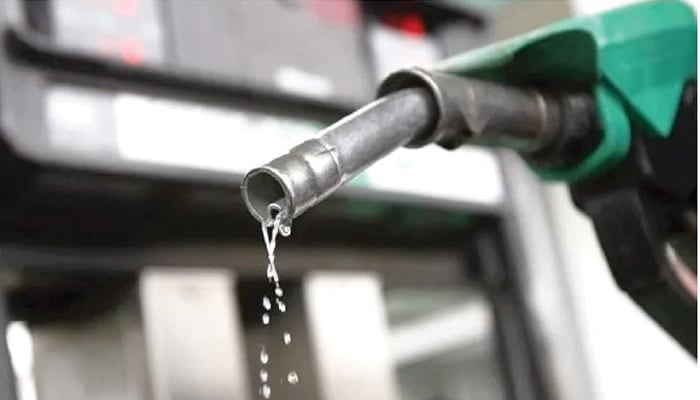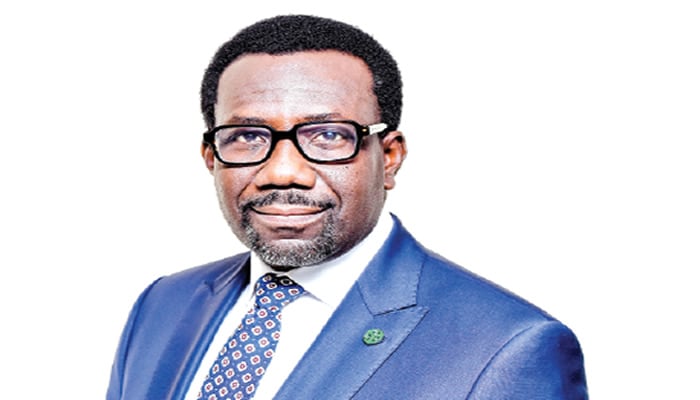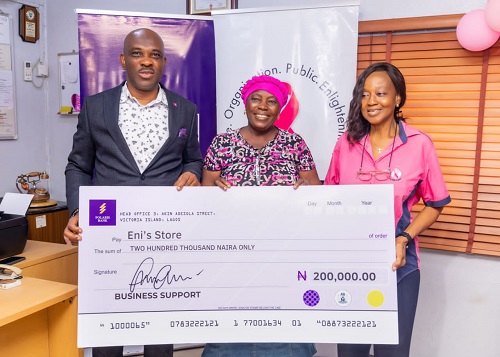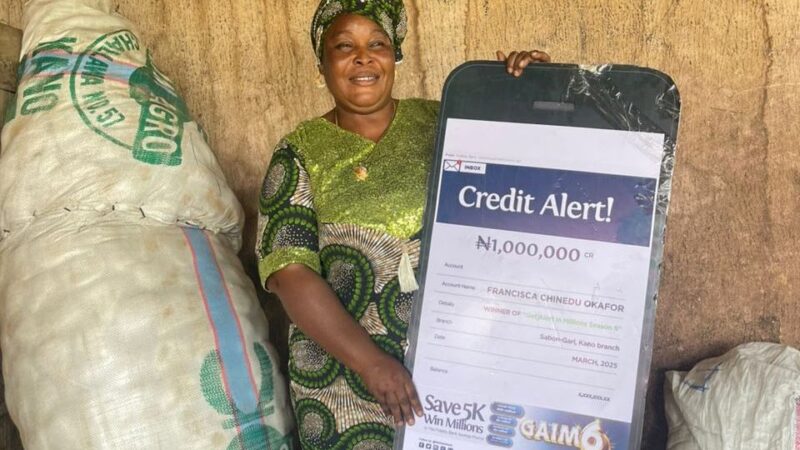Nigeria posts $6.83bn balance of payments surplus as foreign reserves hit $40bn
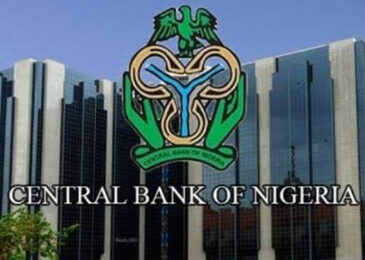
The Central Bank of Nigeria (CBN) has announced a balance of payments (BOP) surplus of $6.83 billion in 2024, an improvement from $3.34 billion and $3.32 billion in 2023 and 2022, respectively.
The BOP is a record of all financial transactions made between a country and the rest of the world over a specific period—usually a year or a quarter.
CBN, in a statement signed on Wednesday by Hakama Sidi-Ali, its acting Director of Corporate Communication, said the improvement reflects the impact of wide-ranging macroeconomic reforms, stronger trade performance, and renewed investor confidence in Nigeria’s economy.
According to the CBN, the current and capital accounts recorded a surplus of $17.22 billion in 2024, driven largely by a goods trade surplus of $13.17 billion.
“Petroleum imports declined by 23.2% to $14.06 billion, while non-oil imports fell by 12.6% to $25.74 billion,” CBN said.
On the export side, CBN said gas exports rose by 48.3 percent to $8.66 billion, while non-oil exports increased by 24.6 percent to $7.46 billion.
“Remittance inflows remained resilient, with personal remittances rising by 8.9% to $20.93 billion. International Money Transfer Operator (IMTO) inflows surged by 43.5% to $4.73 billion, up from $3.30 billion in 2023, reflecting stronger engagement from the Nigerian diaspora,” CBN said.
“Official development assistance also rose by 6.2% to $3.37 billion.”
More so, the apex bank said Nigeria recorded a net acquisition of financial assets totalling $12.12 billion.
“Portfolio investment inflows more than doubled, increasing by 106.5% to $13.35 billion, while resident foreign currency holdings grew by $5.41 billion, indicating stronger confidence in domestic economic stability,” the apex bank said.
“Although foreign direct investment fell by 42.3% to $1.08 billion, the overall financial account posted notable gains.”
External reserves surges to $40.19 bn
CBN also reported that the country’s external reserves increased by $6.0 billion to $40.19 billion by year-end 2024, further strengthening its external buffer.
According to the financial regulator, net errors and omissions narrowed significantly by 79.5 percent to negative $5.10 billion in 2024 – down from $24.90 billion in 2023,
The development, the apex bank said, reflects progress in data capture, transparency, and reporting integrity.
Commenting on the report, Olayemi Cardoso, governor of CBN, said the positive turnaround in “our external finances is evidence of effective policy implementation and our unwavering commitment to macroeconomic stability”.
Carsoso also said the surplus marks an important step forward for Nigeria’s economy, benefiting investors, businesses, and everyday Nigerians alike.
Reps begin probe of CBN’s N1.12tr Anchor Borrowers Programme
The House of Representatives is probing the Central Bank of Nigeria (CBN) and relevant ministries, departments and agencies (MDAs) on the disbursement of about N1.12 trillion through the Anchor Borrowers Programme (ABP), according to The Guardian.
Chairman of the House Committee on Nutrition and Food Security, Chike Okafor, who spoke at the start of the probe at the National Assembly complex, Abuja, on Tuesday, disclosed that the money was disbursed to 4.67 million farmers involved in either maize, rice, and wheat farming through 563 anchors in the country between 2017 to 2024 under former President Muhammadu Buhari.
Okafor remarked that the hearing was not a witch-hunt targeting individuals or institutions, but to uncover the truth, identify systemic failures and ensure that public funds allocated for agricultural development were utilised transparently and effectively.
He said it was unfortunate that despite huge sums of money budgeted and disbursed over the years for agricultural programmes, Nigeria had grappled with food scarcity, rising food prices and malnutrition.
He argued that if the funds had been judiciously spent, the country would not face the current crisis, where millions of Nigerians struggle to afford basic meals daily.
The lawmaker explained that the probe would extend to how Nigeria Incentive-Based Risk Sharing System for Agricultural Lending (NIRSAL) disbursed N215,066,980,274.50 so far to facilitate agriculture and agro-businesses, how Bank of Industry (BoI) disbursed N3 billion to 22,120 smallholder farmers through the Agriculture Value Chain Financing (AVCF) programme, in addition to funding 49 agro and food processing businesses with N59.4 billion in loans.


